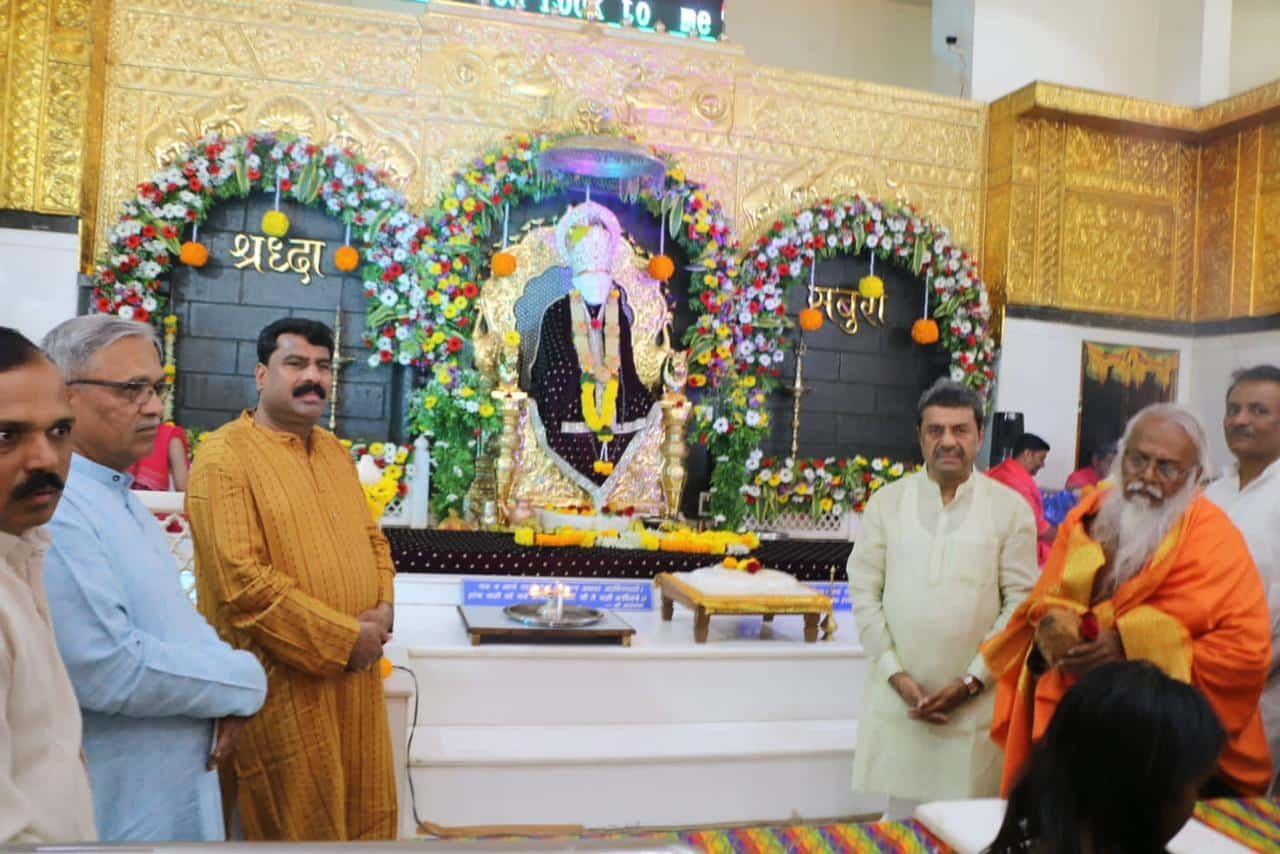Ram Gopal Varma‘s films are known for their gritty, violent action and intense characters, setting a standard for such dramas. Recently, Sandeep Reddy Vanga‘s Animal also pushed the limits of onscreen violence. The two filmmakers’ worlds collided at an event called Animal vs Wild Animal.
During an informal conversation between RGV and Vanga, both filmmakers shared mutual admiration, praising each other’s work. Discussing the violence in Animal, Varma mentioned that he found it impactful because he was emotionally connected to the characters’ motivations.
Ram Gopal Varma shared that he found the violence in Animal to be more powerful than large-scale battles. He recalled discussing Shiva with Nagarjuna, explaining how the violence in the film would feel grittier than explosions and knife fights.
He also highlighted a scene where a character is attacked from behind in the dark, noting how the cold-blooded nature of the hit made it more impactful. Varma mentioned that he felt a similar intensity in Ranbir Kapoor‘s scenes in Animal, particularly a low-angle shot, which still haunts him.
RGV noted that Vanga’s calm demeanor didn’t match the intense violence he portrays on screen. He mentioned that he never saw anger in Vanga and speculated that the director either reserves it for his characters or simply appears more composed than the characters he creates.
Sandeep is currently working on the highly anticipated film Spirit, starring Prabhas. The movie is set to feature the pan-Indian superstar in the role of a police officer. Apart from this, he also has ‘Animal Park‘ in the pipeline.
if(allowedSurvicateSections.includes(section) || isHomePageAllowed){ (function(w) {
function setAttributes() { var prime_user_status = window.isPrime ? 'paid' : 'free' ; w._sva.setVisitorTraits({ toi_user_subscription_status : prime_user_status }); }
if (w._sva && w._sva.setVisitorTraits) { setAttributes(); } else { w.addEventListener("SurvicateReady", setAttributes); }
var s = document.createElement('script'); s.src="https://survey.survicate.com/workspaces/0be6ae9845d14a7c8ff08a7a00bd9b21/web_surveys.js"; s.async = true; var e = document.getElementsByTagName('script')[0]; e.parentNode.insertBefore(s, e); })(window); }
}
window.TimesApps = window.TimesApps || {};
var TimesApps = window.TimesApps;
TimesApps.toiPlusEvents = function(config) {
var isConfigAvailable = "toiplus_site_settings" in f && "isFBCampaignActive" in f.toiplus_site_settings && "isGoogleCampaignActive" in f.toiplus_site_settings;
var isPrimeUser = window.isPrime;
var isPrimeUserLayout = window.isPrimeUserLayout;
if (isConfigAvailable && !isPrimeUser) {
loadGtagEvents(f.toiplus_site_settings.isGoogleCampaignActive);
loadFBEvents(f.toiplus_site_settings.isFBCampaignActive);
loadSurvicateJs(f.toiplus_site_settings.allowedSurvicateSections);
} else {
var JarvisUrl="https://jarvis.indiatimes.com/v1/feeds/toi_plus/site_settings/643526e21443833f0c454615?db_env=published";
window.getFromClient(JarvisUrl, function(config){
if (config) {
const allowedSectionSuricate = (isPrimeUserLayout) ? config?.allowedSurvicatePrimeSections : config?.allowedSurvicateSections
loadGtagEvents(config?.isGoogleCampaignActive);
loadFBEvents(config?.isFBCampaignActive);
loadSurvicateJs(allowedSectionSuricate);
}
})
}
};
})(
window,
document,
'script',
);
Source link

![Pushpa 2 Full Movie Collection: Pushpa 2 box office collection day 14 [updated live]: Allu Arjun and Rashmika Mandanna’s collects 975 cr by 2nd Thursday morning; to join elusive 1000 crore club soon | – Times of India](https://static.toiimg.com/thumb/msid-116464525,width-1070,height-580,imgsize-70816,resizemode-75,overlay-toi_sw,pt-32,y_pad-40/photo.jpg)




